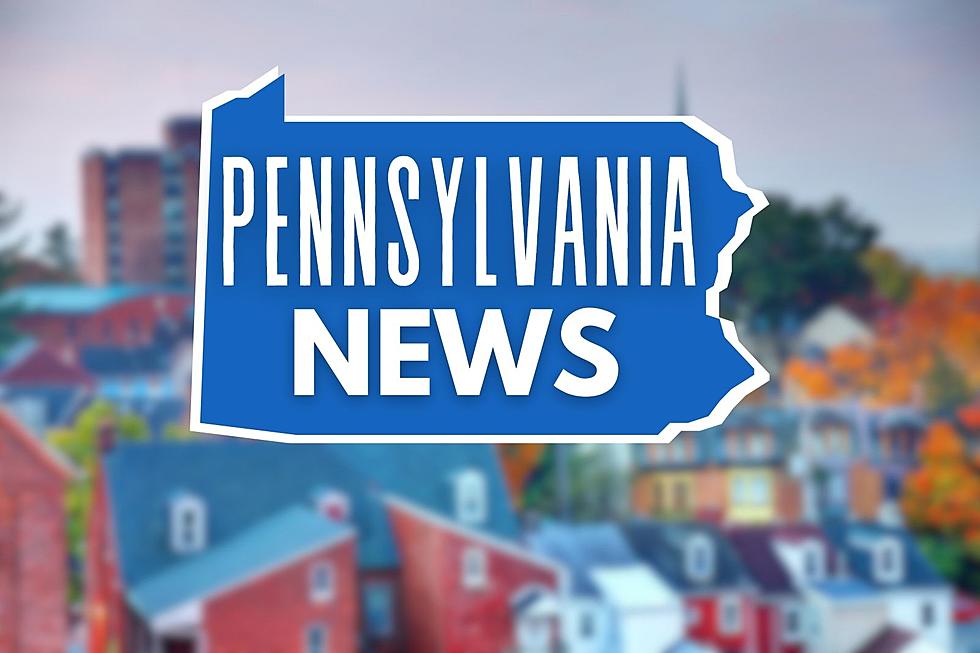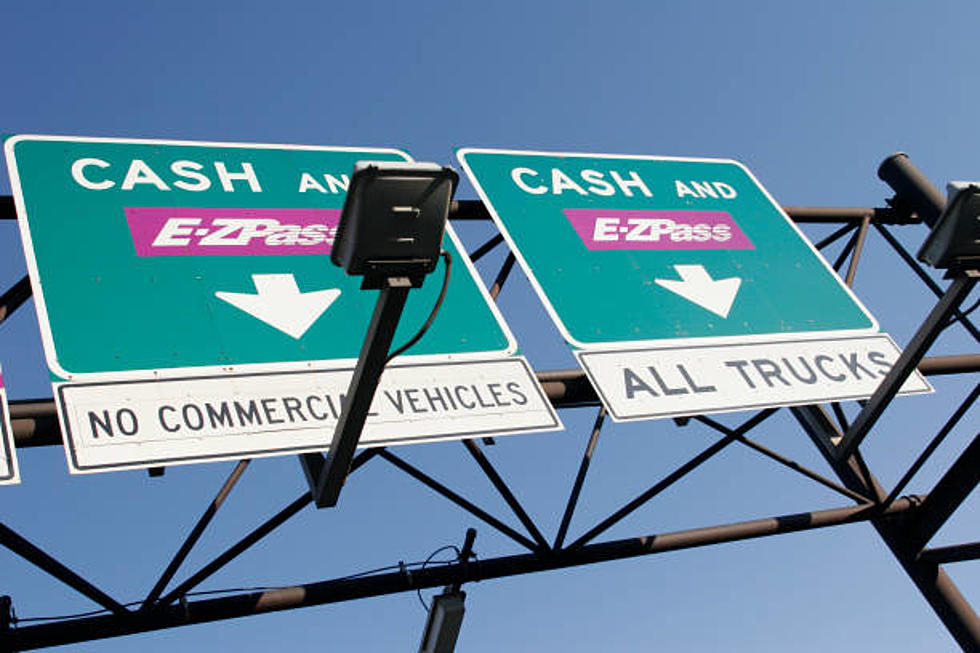
Budget hawk fears massive tax hike in Pennsylvania
(The Center Square) – After Pennsylvania Gov. Josh Shapiro unveiled his $48.3 billion spending plan earlier this month, one key budget negotiator says the math used to balance the plan is dishonest and may require an income tax raise by 2028.
It’s not unusual for lawmakers across the aisle to scrutinize the way a sitting administration justifies extra spending – in this case 8.4% more – but for House Appropriations Committee Minority Chairman Seth Grove, R-York, Shapiro’s conflation of surplus funds and emergency savings conceals the unrealistic accounting tactics used to back up his “balanced budget” claims.
The budget surplus refers to money left over in the state’s checking account each year, which can change based on tax revenues, investment income and some delayed bill payments. The “Rainy Day Fund” is a pot of money reserved to keep the government operational during severe economic conditions.
Grove said Shapiro’s plan dips into the $8 billion surplus and the $6 billion emergency fund this year, leaving roughly $3.4 billion in each account. His office’s projections show both will evaporate over the next four years.
“If we are not in an economic downfall where we have to use that money, we are in big trouble,” Grove told reporters during a media briefing Wednesday. “We haven’t hit that economic downfall that we saw in the Great Recession and some other times in our past history.”
During his budget address on Feb. 6, Shapiro said the state “can’t afford not to invest right now” some of that $14 billion given the “real challenges with education and the workforce that will hold us back if we don’t take action.”
“I do not want to take any more from the people of Pennsylvania than we need to. Instead, I want to invest in them,” he said. “It’s time to solve these pressing problems, to meet this moment responsibly and with bipartisan compromise.”
The administration’s longstanding economic position has been that upfront investment in education and workforce development will widen the state’s tax base, and recurring income, by encouraging more people to settle in the commonwealth.
Grove noted, however, that if the state’s checking account only grows 2% each year, as Shapiro’s accounting book sees it, there’s not many other ways to fill a multi-billion-dollar deficit without raising more revenue – specifically, a 46% increase in the personal income tax rate.
Grove said Democrats historically prefer income tax hikes to raises in the sales tax as a less regressive form of revenue generation. Besides, he added, the state’s expansion of tax policies over the last decade may be at its limits.
“Because we have debated a multitude of taxes under Governor Wolf's eight years, right, I think we've covered most of them,” Grove said. “If someone finds a new tax he didn't propose in his eight years I will be shocked – you probably get an award for finding new tax revenue.”
Of note, Shapiro’s budget does offer support for taxing and regulating skill games and adult-use marijuana, generating a few hundred million dollars.
Grove said those sources “don’t even come close” to fixing the problem. Though he theorizes, it's one Shapiro isn’t worried about fixing, given his rumored presidential campaign ambitions.
“If I’m Austin Davis, I’m not sure I’m running for lieutenant governor if Shapiro’s running for the White House and I’ve got a $10 billion hole to fill,” he said.
LOOK: Cities with the fastest-growing home prices in the Philadelphia metro area
Gallery Credit: Stacker
More From New Jersey 101.5 FM









